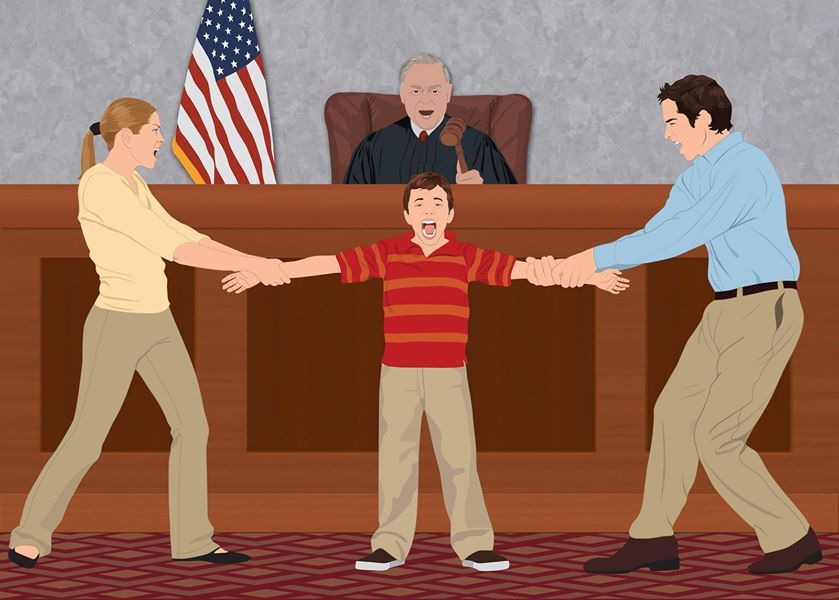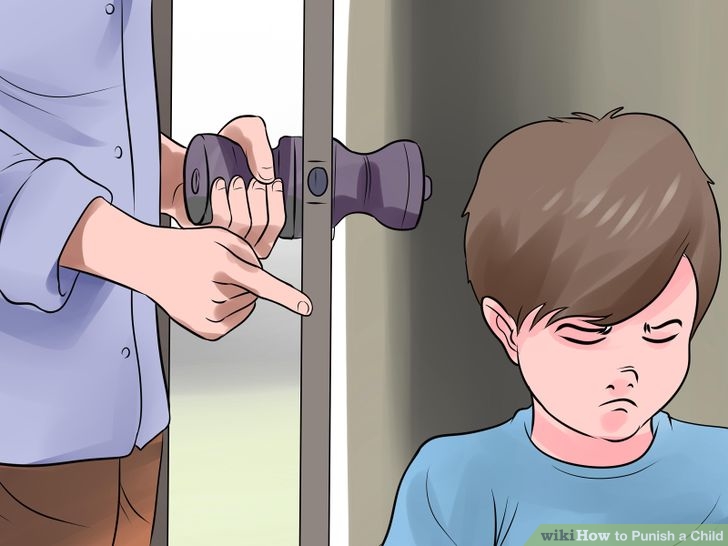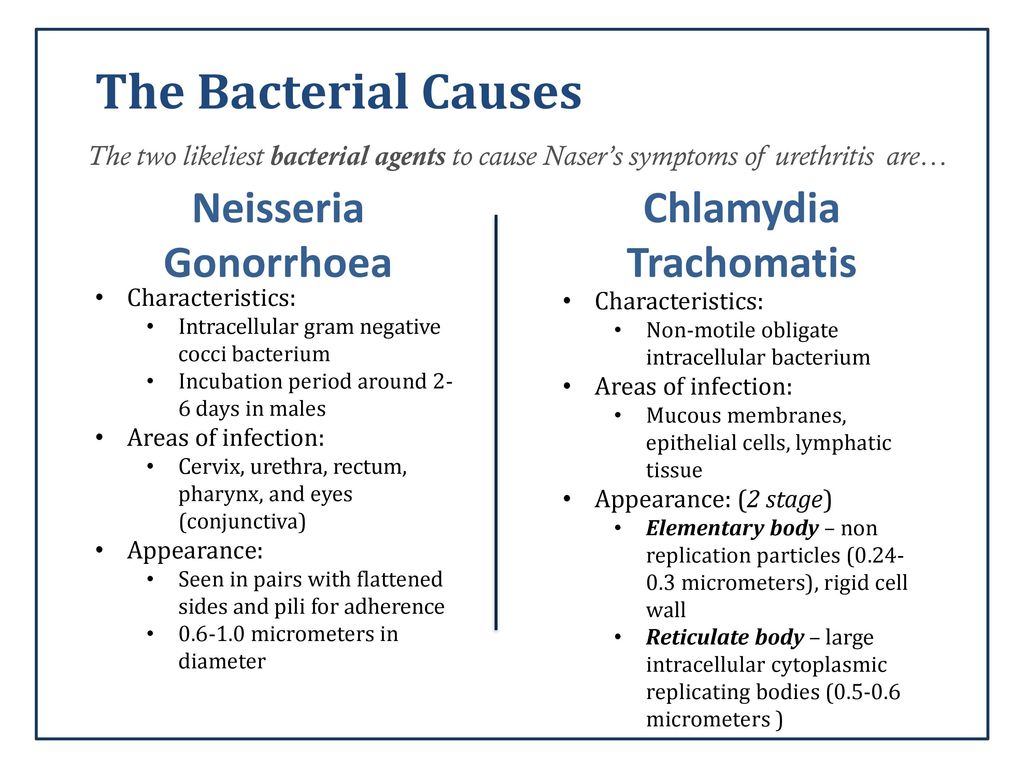How to train your child for spelling bee
Preparing for the Scripps National Spelling Bee: What parents need to know
It’s an exciting time of year in the spelling bee world! It’s time for the 92nd annual Scripps National Spelling Bee, which will begin this Sunday, May 26, 2019 and last until Friday, May 31. We’re even more excited because our own Critical Thinking Child, Jael Green, has advanced to the national bee! At age nine, she’ll be representing the 5:30 Scholars and Freedom Home Academy as speller 171. The bee started with 11 million students and is now down to the 565 best spellers.
If your child hopes to reach a new level in next year’s bee, here are some things to keep in mind as you’re enjoying the excitement this year.
Study – but don’t let your child burn out!
Studying for a bee is important, but it won’t do any good if your child burns out. We recommend two hours of studying each day during the school week and four hours a day on the weekend, but keep an eye on your child. You’ll most likely want to break this time up into two or three shorter sessions.
Also, think about varying the location of studying; routine is great, but changing the scene will help your child adapt to remembering the words in many different contexts. If you receive a list of words from your school, those are great words to start with, and make sure that your child practices with the dictionary to understand parts of speech, pronunciation, and conjugations. Remember to enjoy the process and experience rather than solely focusing on outcome! You can even apply the TAP Method to measure progress.
Don’t just study words
While studying spelling words is important, many parents overlook other academic activities that can contribute to spelling bee success. Scripps Bee Pronouncer Dr. Jacques Bailly recommends that students read as much as they can about anything they like, write often, and use new words in their everyday speech. Students can also improve their vocabulary by asking what unfamiliar words mean and even looking them up in a dictionary themselves.
Focus on root words AND the oddballs
According to Dr. Bailly, a great way to improve your odds of spelling an unknown word correctly is to focus on root words and word patterns. He emphasizes that many commonly used words come from Greek or Latin roots, so learning those root words and spelling patterns will carry students a long way. He cautions against relying solely on word patterns, though. The English language is strange and some spellings make no sense at all (this is why it’s far easier to teach your child how to read by focusing on the sounds within the English language).
Practice public speaking
Even if your child knows the words backward and forward in the comfort of your home, that may not transfer to confidence and success on Bee Day. Encourage your child to practice speaking in front of other people in different contexts before the big day. Instead of just practicing spelling on the couch at home, have your child stand up with the family as an audience and present the words the way they will presented in the actual bee, including definitions and sentences. This practice doesn’t have to be limited to spelling; you can have your child practice speaking in front of other people at school, at home, at church, or wherever you can find an audience! The more comfortable your child is in the spotlight, the less likely they will be to freeze and forget what they’ve learned.
This practice doesn’t have to be limited to spelling; you can have your child practice speaking in front of other people at school, at home, at church, or wherever you can find an audience! The more comfortable your child is in the spotlight, the less likely they will be to freeze and forget what they’ve learned.
Choose the right coach (or none at all)
You may have heard that hiring a spelling coach for your child is the best way to achieve spelling bee success. While this may be a good fit, here are some things to think about when considering whether to hire a coach:
- How much does the coach charge? Many coaches charge as much as $200/hour. Make sure you understand the investment and what you’re willing to spend going into the arrangement.
- What is the coach doing during sessions? If it’s dictionary practice and quizzing, consider whether this is something you would be willing do yourself on your own time for free.
 On the other hand, if the coach brings something new to the table that you’re unable to provide, it may be a good fit.
On the other hand, if the coach brings something new to the table that you’re unable to provide, it may be a good fit. - How does the coach interact with your child? While coaches may seem like a good idea and may help your child take the bee more seriously, be wary of coaches that seem like they’re pushing too hard. This may add undue stress and actually cause your child to perform worse in the bee.
Remember: There’s no wrong choice. Whether you hire a coach or not, the most important thing is to choose what is right for you and your family, so you can all enjoy the spelling experience!
Teach your kids to spell like national spelling bee champs – SheKnows
Skip to main content Skip to header navigation
Want a spelling be champion in your family? Then use these tips to help your child learn to spell with the best of them.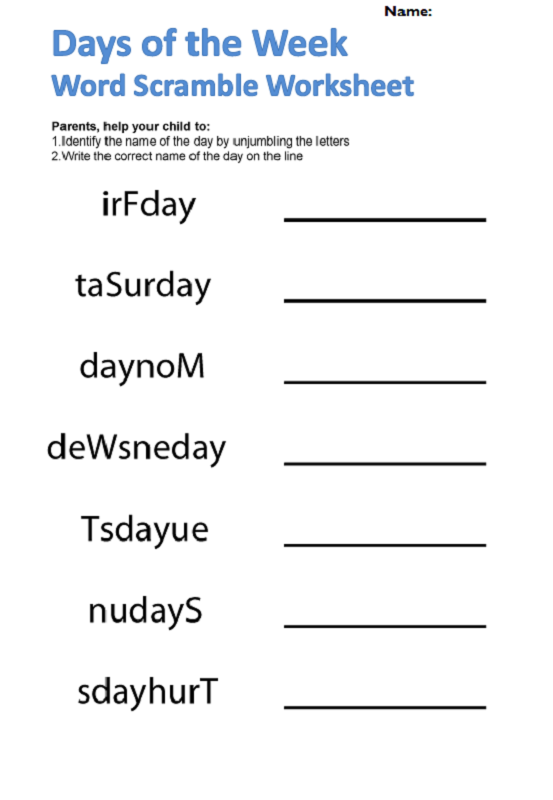
Related story I Never Thought I’d Be a PTO Mom, Yet Here I Am
There is a certain electric magic that comes with the National Spelling Bee. It’s the stuff that movies and legends are made of. This year, Sukanya Roy won the 2011 Scripps National Spelling Bee (the 84th annual!) with the word cymotrichous (as in my hair on a steamy day — or, in plain English, having the hair wavy). The 14-year-old spelled her way through 20 rounds and beat out 275 other spellers for the honor.
But how does one garner such stellar spelling skills?
Move over, spell check!
Even if your child doesn’t aspire to the National Spelling Bee, having good spelling skills is a really great. Yes, it’s beneficial, even though spell check is everywhere. (Haven’t you read Damn You Autocorrect? If not, you should. It’s a great afternoon pick-me-up.)
The National Spelling Bee website suggests having your kids keep a journal of all the coolest words they find. Also, read great books, peruse the dictionary and perhaps even watching the documentary Spellbound as a family. Also, read great books, peruse the dictionary and perhaps even watching the documentary Spellbound as a family. |
How can your kids practice spelling?
Whether your kids want to be master spellers or just want to score high on their spelling exams, knowing how to practice their skills is essential. Here are a few good ideas:
- Read with them. One of the best things you can do for your kids to teach them reading and spelling skills is to read with them from a variety of books. It exposes them to all sorts of new words.
- Practice, practice, practice. From the grocery store to the drive-thru window, there are so many times when kids can practice their reading skills. Have yours keep track of the grocery list. Or challenge them to read book titles out of your bookcase.
- Flash card it. Do flash cards work? Definitely. I can still tell you the definitions and spellings of a number of SAT words that I learned thanks to a set of fantastic flash cards.
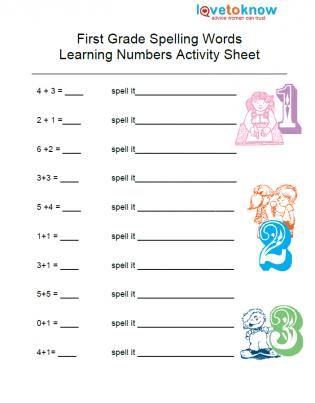 Try it with your kids. But make it fun, not a pressure-filled activity.
Try it with your kids. But make it fun, not a pressure-filled activity. - Quiz ’em. Stuck in traffic? Walking through the neighborhood? Making dinner? Any of these are perfect opportunities to quiz your kids on their spelling words.
- Find a rhythm. In Akeelah and the Bee, Akeelah found success in rhythmic spelling (she would jump rope while studying). Help your kids find a rhythm of their own for studying.
More on kids’ study skills
Increase your child’s SAT scores with our top study tips
5 Simple steps to help your teen or tween study for a test
Children’s school and education
optional screen reader
More Stories from Parenting
How to teach a child to write correctly: advice from the author of school textbooks on the Russian language
Ekaterina Buneeva, Doctor of Pedagogical Sciences
All children are very different: some grasp everything on the fly, memorize a new rule already in class and perform exercises almost without errors, others memorize more slowly, others, no matter how much you fight with them, still make mistakes.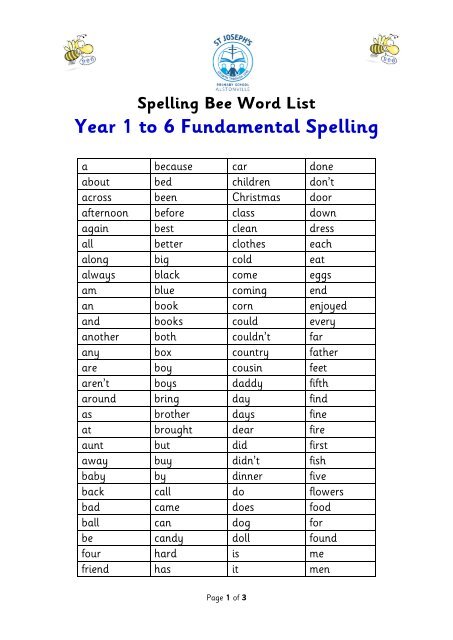
How to help a child at home? Repeat the rules with him? Do dictations? Do more exercise? In this regard, either a true story, or an anecdote, or an episode from the film immediately pops up: the teacher tells the student after the lessons to write the word “walked” a hundred times on the board, in which he is constantly mistaken. When she returns to class, the entire blackboard is covered with the word "walked", and at the bottom in large size: "I wrote everything and went home!"
The point is not how many exercises the child has done, how many times he has written a difficult word, and whether he recites the rule by heart. If there is no so-called "innate literacy", in order to write without errors, you need to be able to find (see) in words or between words those places to which the rules should be applied.
The vast majority of schoolchildren do not know how to do this, they do not have spelling vigilance. The same is with sentences: children do not see, do not know how to look for boundaries of semantic segments in a sentence - punctuation marks.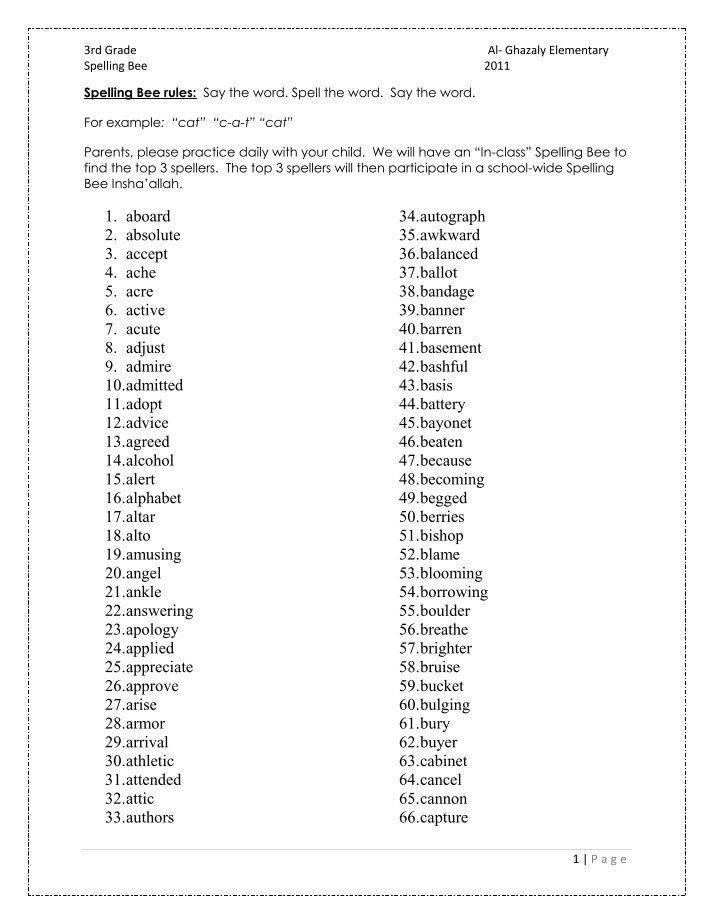 They need to be specially trained for this.
They need to be specially trained for this.
If we want children to write correctly, we must be patient.
We adults should be well aware that spelling and punctuation skills develop slowly and in each child at their own pace. Unfortunately, only a few who are very lucky have "innate literacy", two or three school lessons and home exercises are enough for them. But most need regular classes, with constant repetition and a gradual expansion of the range of rules being studied.
Source.
4 important spelling skills
They help the child to write correctly. In other words: he can do this and that - he writes competently.
The ability to see spellings
That is, places in words and between words where you need to choose a spelling from several options (“o” or “a”, “e” or “and”, together or separately, “b” or “b” ", with or without "b", etc.). In this case, only one option is correct.
You need to find spellings in words according to special features.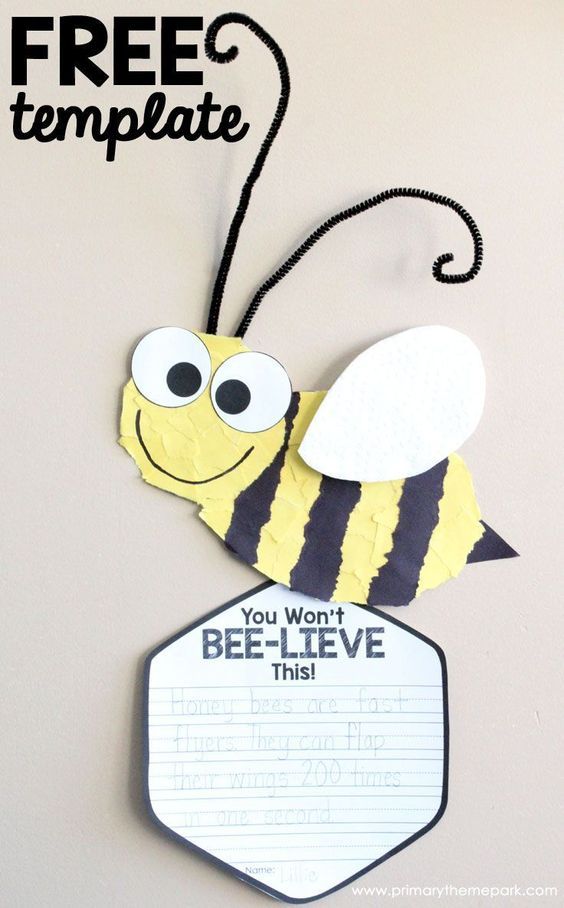 For example, if in a word we hear a deaf paired consonant sound at the end: “zu [p]”, “le [f]”, this is an identification sign of the spelling - the letter of the consonant being checked. Having found this "dangerous place", the child applies the rule. Each spelling can be found in a word according to certain signs, and this must be specially taught, to show these signs. Most often, this is why children (and adults too) write illiterately: knowing the rule, they do not see in the word the place to which it needs to be applied.
For example, if in a word we hear a deaf paired consonant sound at the end: “zu [p]”, “le [f]”, this is an identification sign of the spelling - the letter of the consonant being checked. Having found this "dangerous place", the child applies the rule. Each spelling can be found in a word according to certain signs, and this must be specially taught, to show these signs. Most often, this is why children (and adults too) write illiterately: knowing the rule, they do not see in the word the place to which it needs to be applied.
Ability to choose spelling
Once a child has found the point of application of a spelling rule in a word, he can easily apply this rule and choose the correct spelling. We use the same example: to select a letter at the end of the words "zu[p]", "le[f]", we select test words ("teeth", "lions"), we hear a distinct consonant sound before the vowel - and write "tooth" , "a lion".
The ability to explain the choice of spelling orally and graphically
This skill is needed both when the child writes and when he checks what is written. Easier, faster and more beneficial to do it graphically . For example, when explaining the choice of the letters "b" and "c" at the end of the words "zu [p]" and "le [f]", the child should write like this: "tooth - teeth"; “lion - lions” (he underlines the letter “y” with two lines, because it denotes a vowel sound under stress and helps to choose the spelling). By making such designations, the child essentially translates the content of the rule (text) into a different, more concise and visual, "speaking" form. Both he and the adult understand why this particular spelling was chosen.
Easier, faster and more beneficial to do it graphically . For example, when explaining the choice of the letters "b" and "c" at the end of the words "zu [p]" and "le [f]", the child should write like this: "tooth - teeth"; “lion - lions” (he underlines the letter “y” with two lines, because it denotes a vowel sound under stress and helps to choose the spelling). By making such designations, the child essentially translates the content of the rule (text) into a different, more concise and visual, "speaking" form. Both he and the adult understand why this particular spelling was chosen.
Photo from the personal archive of the author.
Ability to find and correct errors
It is based on the previous three. To test himself (during a dictation, presentation, any written work), the child must do the same actions:
- make sure that the spelling is found correctly by identifying features;
— apply the rule;
- explain the spelling graphically.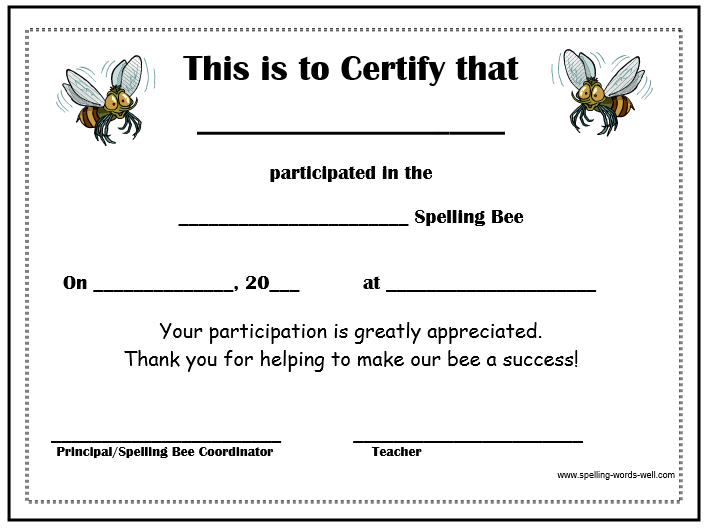
That is why I recommend a simple technique for parents and teachers: write through the line. We always leave the top line above the sentence empty, and when checking, all the necessary designations and entries are made on this line. If, in the process of such a check, the child himself finds his mistake and corrects it, the mark should not only not decrease - on the contrary, the child should be praised and encouraged in every possible way. It is absolutely illogical and very harmful when at school a child is lowered for blots and corrections for written work.
Tips for parents who take care of the child themselves
1. Every child has typical, most frequent mistakes. First of all, it is necessary to determine which ones, arrange the rules in the order of their interconnection and increasing difficulty. Next, determine what necessary basic knowledge about the language and skills the child lacks in order to master these spellings. These gaps must first be filled and only then do the actual spelling. So consistently you need to work out all the rules relevant to the child.
So consistently you need to work out all the rules relevant to the child.
2. It makes no sense to just do exercises and write dictations. We need a methodically competent system of exercises with special graphic symbols, which the child understands and accepts.
3. It is better if the child is motivated, that is, he writes meaningfully and with desire. As soon as he sees that everything is not so scary and the first results appear, the process will begin.
4. In no case should this process be artificially accelerated, rush the child, get angry with him, compare the child with his more successful classmates. You only need to compare with yourself: last time there were ten mistakes, and today there are only eight. You are great, you are moving forward.
If you follow these tips and work methodically correctly, the result will be sure.
Post cover: pexels.com.
How to teach a child to write without mistakes: we train in writing dictations
It would seem that in the age of high technology dominance, the ability to write correctly and express one's thoughts will disappear as unnecessary.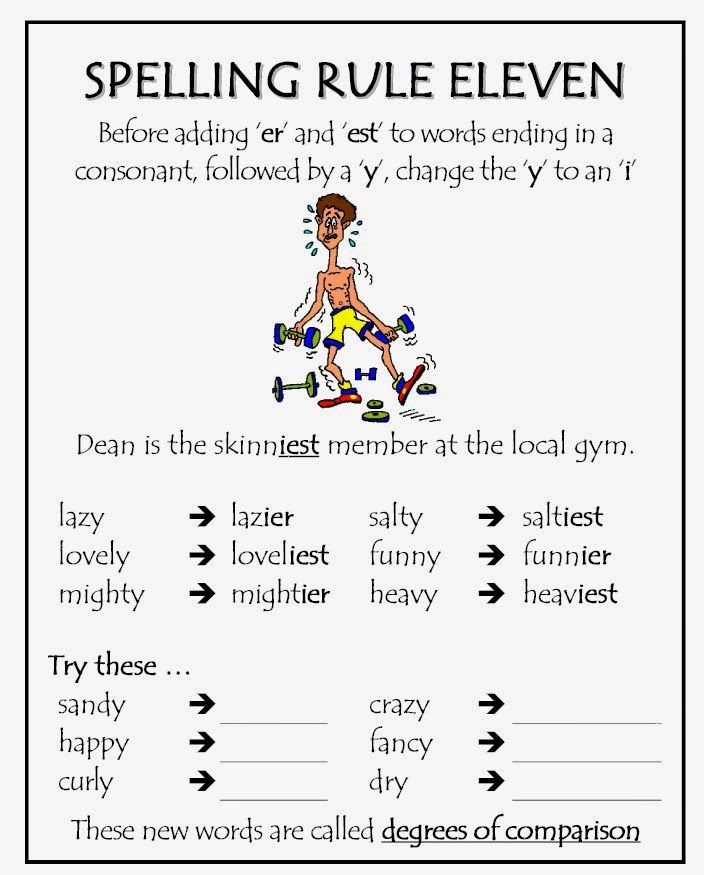 But even the most perfect computer program cannot always recognize an error in the text and construct a sentence correctly.
But even the most perfect computer program cannot always recognize an error in the text and construct a sentence correctly.
Therefore, it was and remains important and necessary to know the rules of the Russian language and the ability to apply them in practice.
But what if the child constantly writes with errors? And is it possible for an adult to learn literate writing? You will learn how to teach a child to write without errors in this article.
Prostock-studio/Shutterstock.com
Content:
- Causes of writing errors in children
- What is dysgraphia?
- How to write a dictation correctly: the secrets of teachers
- Learning to write without mistakes
- Advice for elementary school students and their parents
- How to help a middle school child?
- Competent writing among high school students and adults: is it possible to learn?
Causes of writing errors in children
Teachers complain that with the popularity of gadgets, children have forgotten how to write dictations and essays correctly.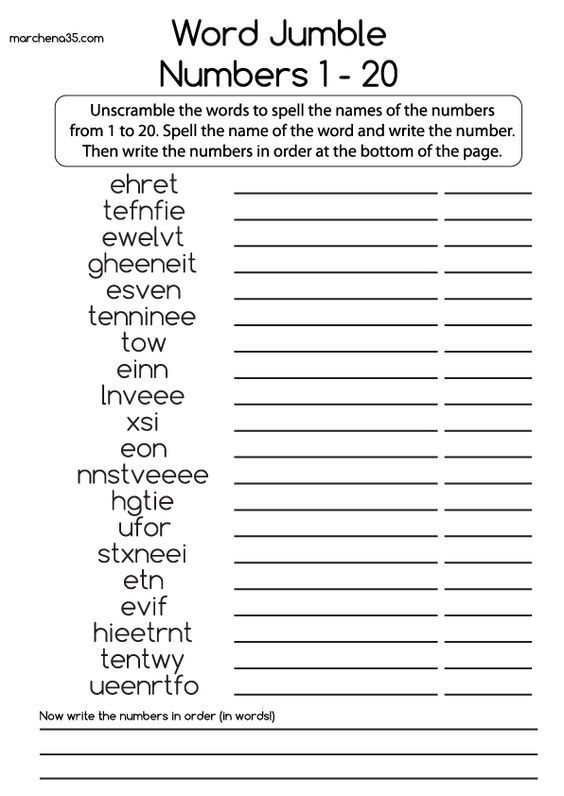 In fact, the problem is not only this.
In fact, the problem is not only this.
Let's try to figure out why not all children manage to write words without mistakes.
The reasons may be:
Ignorance of the rules
Often a child makes mistakes if he does not know how certain words are spelled correctly.
The Russian language has rules that require the traditional spelling of words, regardless of pronunciation. For example, "zhi-shi" write with the letter "and", "ca-cha" write with the letter "a".
Also, do not forget about the rule for selecting test words and dictionary words, the spelling of which you just need to remember.
If a child does not know these rules well enough and does not remember the correct spelling of words, then mistakes in writing are inevitable.
Fatigue
Prostock-studio/Shutterstock.com
Missing letters or misspellings of words also occur due to the child's fatigue, fatigue and malaise. Attention becomes distracted, and the student makes a mistake even in those words with the spelling of which he is perfectly familiar.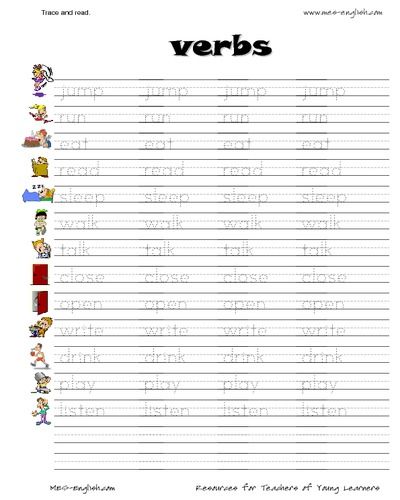
Read also About school workloads: how to prevent overwork in a child?
Fear of bad grades
The child is afraid of getting a bad grade for a dictation or an essay. Unable to concentrate on the task, distracted. And he definitely makes a mistake: he does not add words, he rearranges syllables in places.
The appearance of such a fear is often associated with the fact that parents are too strict with the child's progress.
Specific problems
These include left-handedness, including retrained, as well as bilingualism in the family. All this contributes to the fact that the child may have problems with the correct spelling of words.
Dysgraphia
Often mistakes in writing are due to the fact that the child suffers from dysgraphia.
Learn more about this violation in the next section.
What is dysgraphia?
Prostock-studio/Shutterstock.com
Dysgraphia is a writing disorder characterized by persistent and repetitive errors.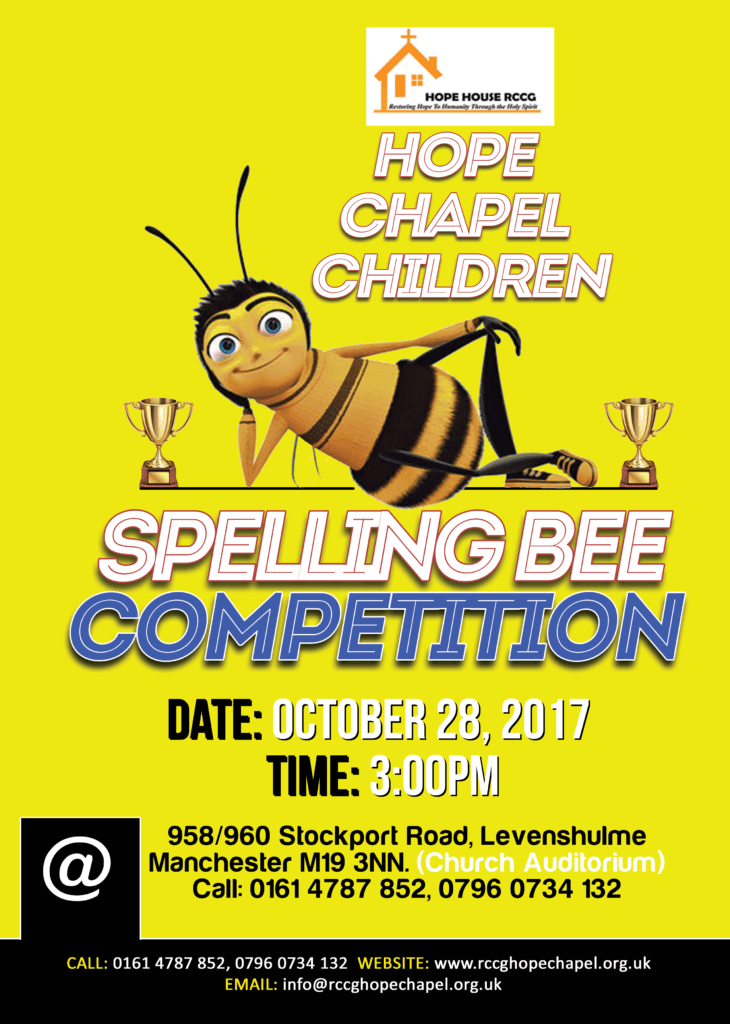 Dysgraphia is associated with the underdevelopment of certain areas of the brain. Therefore, the child does not possess the skills of speech analysis and synthesis.
Dysgraphia is associated with the underdevelopment of certain areas of the brain. Therefore, the child does not possess the skills of speech analysis and synthesis.
According to 2018 data, about 37% of Russian schoolchildren suffer from dysgraphia.
What errors indicate dysgraphia:
- omissions of letters and whole syllables in words;
- adding extra letters to words;
- substitutions for letters that are similar in spelling;
- mirror image of letters;
- continuous spelling of words;
- incorrect word agreement;
- illegible handwriting.
A speech therapist and a neurologist deal with the correction of this disorder. In difficult cases, drug therapy is also used.
How to write a dictation correctly: teachers' secrets
Prostock-studio/Shutterstock.com
Many parents are concerned about the question - how to teach a child to write dictations without mistakes? After all, dictation texts begin to be given to students already in elementary school.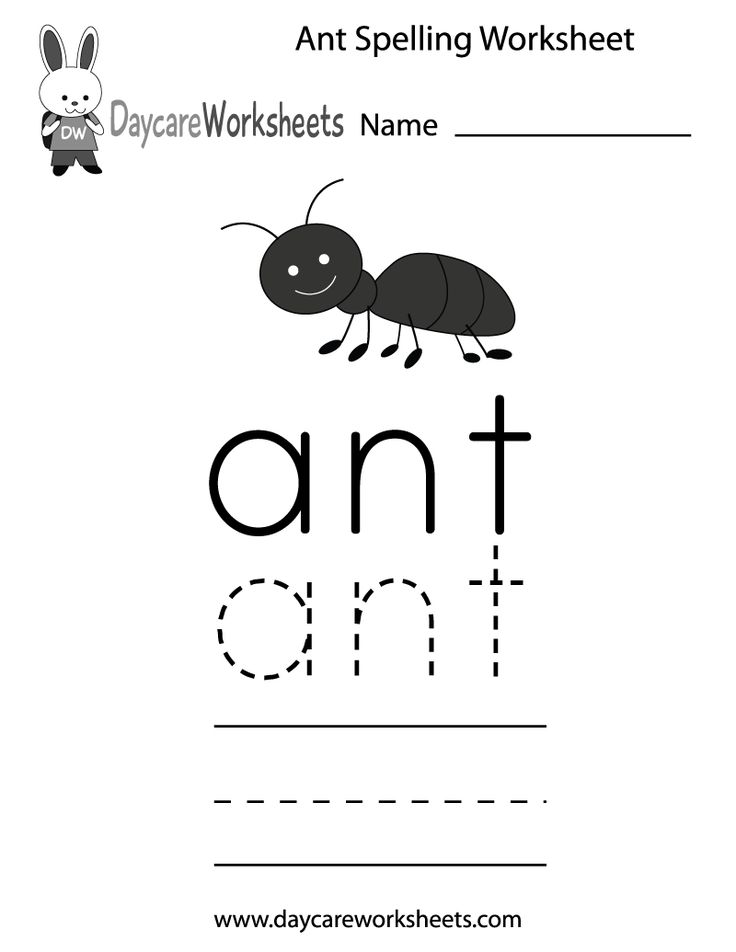
Teachers reveal the secrets of successful dictation writing.
Secret #1. Develop fine motor skills, train your fingers
Modeling, appliqué, finger games are useful. They contribute to the development of the skill of beautiful and accurate writing.
Secret #2. Regularity is important
To learn something, you need to practice this action as often as possible. This applies to both driving a car, playing a musical instrument, and the ability to write correctly.
Make it a rule to write two dictations a week with your child. Repeat difficult words for him 2-3 times.
Do not focus on misspellings by underlining errors with red ink. It is better to put the difficult word in the dictionary and repeat the rule with the child, which will help to write this word correctly.
Secret #3. Properly designed workplace
The place where the child learns lessons should be well lit and equipped with the necessary furniture.
It is also important to teach your son or daughter how to sit at a table with a straight back and hold a notebook at a 45 degree angle.
If the child sits in an uncomfortable position, there is excessive muscle tension, which leads to rapid fatigue.
Find out more about the proper organization of the workspace for a student of any grade.
Secret #4. Reading aloud
Prostock-studio/Shutterstock.com
It is recommended to start reading fairy tales, nursery rhymes, nursery rhymes to your child from early childhood. When he learns to read on his own, ask him to read each word as it is spelled so that he remembers the correct spelling. Let him pronounce all the words from the text clearly and distinctly.
After that, you can proceed to reading as we speak.
Children also like it when their parents read along with them in roles with a certain intonation corresponding to the character's character.
Secret #5. Teaching through passion
Any, even the most complex material, is easier to learn through play.
The school game will be useful, where the child appears both as a student and as a teacher. Let him try to conduct a dictation for his parents himself and check for mistakes.
Let him try to conduct a dictation for his parents himself and check for mistakes.
Secret #6. Listen carefully
Explain to your child the rules for writing dictations:
- Pay attention to the pauses when the teacher reads the text.
- Do not start writing until the sentence has been read to the end.
- Don't cheat from your neighbor. He may be wrong himself.
- When you write a compound word, say it out loud in syllables.
- Don't rush to turn in your notebook. Check your work carefully again.
When sending your child to school, take care not only of his readiness, but also of his safety. Purchase a children's GPS watch or install the Find My Kids app on your phone. With their help, you can check how your child's lessons are going, whether peers or teachers offend him at school. And if a student walks to school on his own, you can see which route he takes (and assess his safety) and where he is at the moment.
Learning to write without mistakes
Prostock-studio/Shutterstock.com
Tips for elementary school students and their parents
Proper motivation
The child must understand why he needs good writing. A competently writing and speaking person always commands respect from others. Moreover, these skills are sure to come in handy in business life. Yes, and a regular SMS message is more pleasant to read when it does not contain grammatical errors.
Education in the form of a game
As we have already said, it is easier for a preschooler, like a primary school student, to memorize the material if it is presented in a playful way. The following games will be useful:
1. Find and mark
The child is offered a text in which, for example, you need to circle the letter “l” and cross out the letter “a”.
2. Echo
Adult reads the word. The task of the child is to reproduce the ending of this word.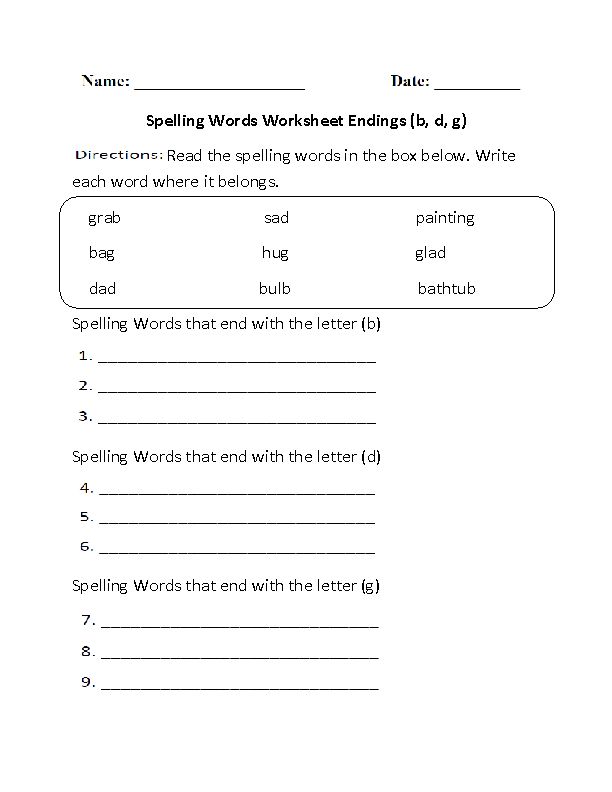 Then write it in a notebook and highlight the ending with a special sign.
Then write it in a notebook and highlight the ending with a special sign.
3. Find the word
The child is offered a text in which you need to find a word according to certain characteristics. For example, all words beginning with the letter "c" or all words ending in the letter "a".
4. Write a word
Prostock-studio/Shutterstock.com
Mom or dad lays out cards with letters in front of the child. The task of the child is to make a word out of them. It is better to start with simple words: “house”, “garden”, then move on to more complex ones: “hello”, “desk”, “chest of drawers”, etc. If the child finds it difficult to complete the task, he is given only the letters that make up the desired word.
You can complicate the game: make up the name of your favorite fruit or sweet from letters. In this case, the child chooses the word himself.
These and other games will help schoolchildren to learn how to write even the most complex words carefully and without mistakes.
Don't forget about physiology
You don't need to force your child to sit at the table for hours and achieve even calligraphic handwriting. Otherwise, classes will turn into torture for him. 20-30 minutes a day devoted to the development of literate writing is enough for a primary school student.
Also find out what to do if your child does not want to study and do homework.
How to help a middle school child?
Prostock-studio/Shutterstock.com
If your child hasn't developed the skill of literate writing after elementary school, then it is necessary to continue this work in the middle classes.
The following exercises will help students:
Find the mistake
The parent writes a text with errors in those words, the spelling of which the child cannot remember in any way. The child's task is to find a misspelled word and remember the rule that should be followed when writing this word.
Dictionary of compound words
It is necessary for recording vocabulary words and words in which the child constantly makes mistakes. An adult dictates words from it first, and then sentences with these words, checking the spelling.
An adult dictates words from it first, and then sentences with these words, checking the spelling.
Life hack: find the right motivation for student learning. Together come up with a desired goal for which the child will save by completing certain tasks from the parent. The Find My Kids app and the new Kids Tasks feature help make this happen!
Make up a sentence
The child is offered cards with words, from which he must make a sentence and write it down in a notebook. An adult checks the correct spelling of words and literacy of the text.
Missing words
The child picks up the missing words. For example: “It melts in the spring ...., they run ...., they fly in from the south ....”
Make a word
The same exercise as for elementary grades, but with more difficult words. For example, terms from any area (recycling, abbreviation, dissimilation, and others).
Compose a crossword puzzle
A child composes a crossword puzzle for parents on a specific topic, for example, based on the works of A.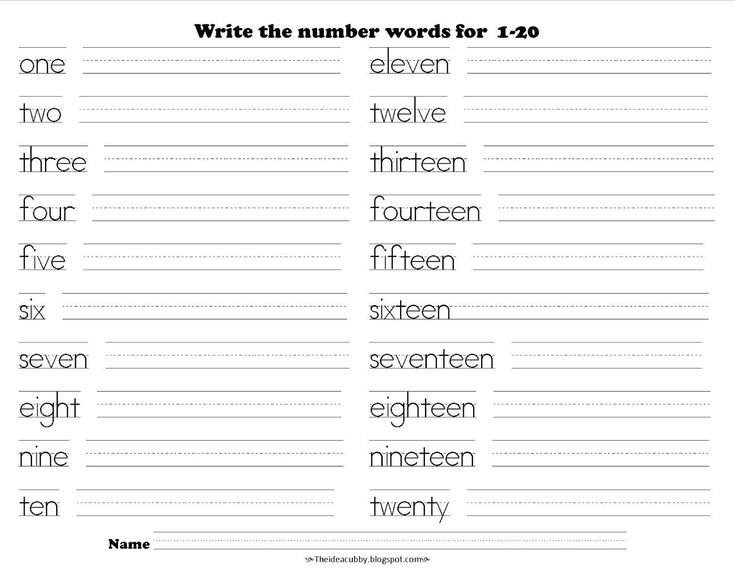 S. Pushkin, and for him they are from words that are difficult to spell.
S. Pushkin, and for him they are from words that are difficult to spell.
Competent writing among high school students and adults: is it possible to learn?
Prostock-studio/Shutterstock.com
There is an opinion that if a child does not learn to write correctly from the first grade, then this skill will remain unattainable for him in the future.
But experts say that this is not so. Writing beautifully and without mistakes can be learned at any age.
Tips for high school students and adults to achieve good writing:
- Be patient
If you really want to learn how to write well, it will take time and desire, as well as perseverance in achieving the goal. Classes should be regular. It is better if they take place at the same time. So your brain will quickly get used to the need to improve writing.
- Get in the habit of using a spelling dictionary if you don't know the correct spelling of a word
- Read a lot and enjoy it
Reading develops attention and visual memory. When reading a text, you unconsciously memorize the correct spelling of words, including complex ones. And if at the same time you also pronounce it, motor memory is included in the matter. Choose books that suit your interests, but it is better to give preference to the classics.
When reading a text, you unconsciously memorize the correct spelling of words, including complex ones. And if at the same time you also pronounce it, motor memory is included in the matter. Choose books that suit your interests, but it is better to give preference to the classics.
Prostock-studio/Shutterstock.com
- Copy your favorite expressions, quotes from the book
The more the better. Pay attention not only to the correct spelling of words, but also to punctuation marks.
- Learning poetry by heart also contributes to the development of literate speech
- It will not be superfluous if you involve a friend, girlfriend, husband or wife in classes
You can even arrange a competition "Who will write more texts without errors?"
- Create your own difficult words dictionary and write down words whose spelling is difficult for you to remember. And periodically reread them
- Repeat those rules of the Russian language that you forgot from the school curriculum
- If self-study does not benefit you, use the services of tutors
You can learn to write correctly and without mistakes at any age, both for a child and an adult.




